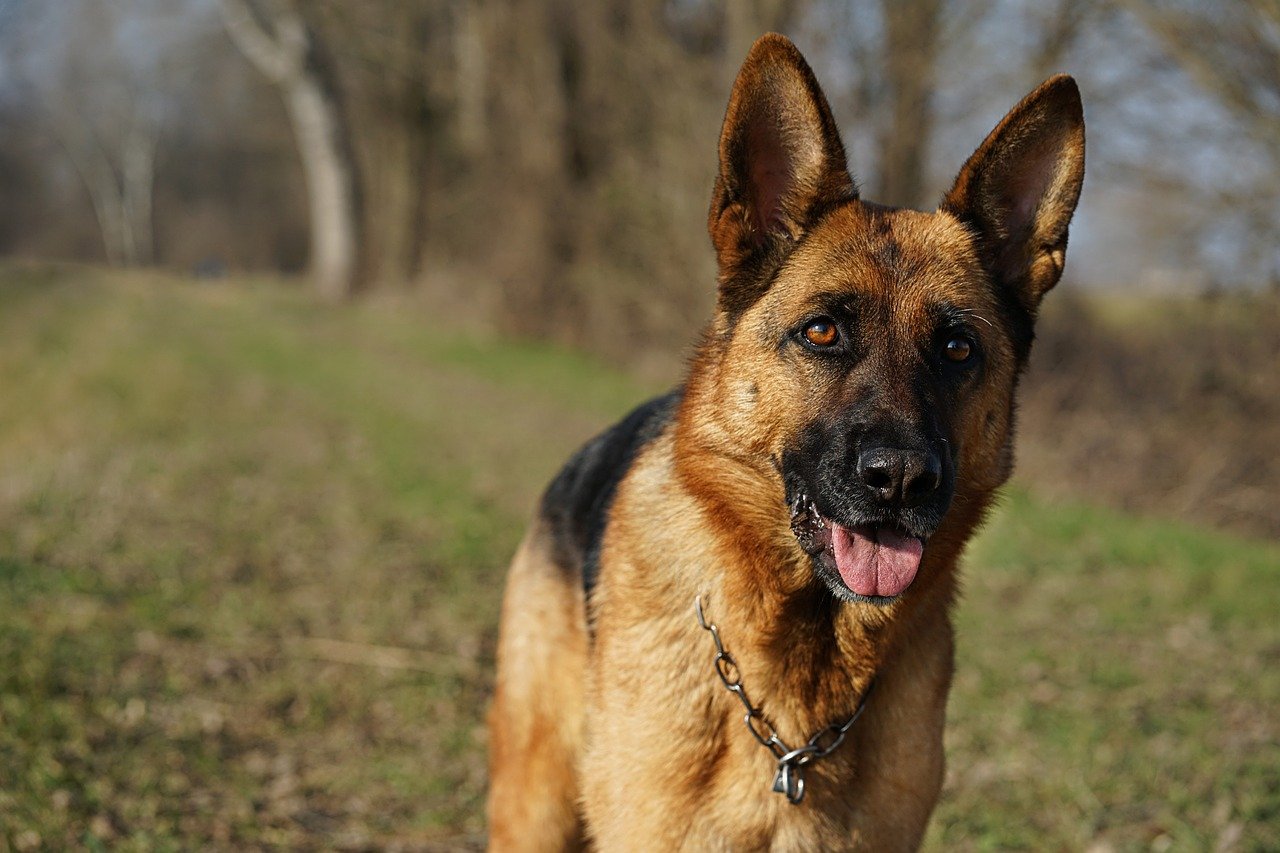Have you ever looked into the soulful eyes of a senior German Shepherd and felt a wave of love mixed with worry? Watching these noble dogs grow older tugs at the heartstrings of any true dog lover. Their loyalty remains fierce, but their bodies begin to slow. If you share your life with a senior German Shepherd, you may already feel the deep responsibility to give them the comfort and happiness they so richly deserve in their golden years. Here are ten essential tips to help you make every day count for your aging furry friend.
Looking after a senior German Shepherd means adjusting to their changing needs while still enjoying all the loyalty and love they bring. As they slow down a bit, things like joint care, a comfy bed, and regular vet visits become even more important. Gentle walks and a balanced diet can go a long way in keeping them happy and healthy. Whether they’ve been with you for years or you’ve just welcomed a wise old pup, these tips will help you give them the golden years they deserve.
Schedule Regular Vet Visits
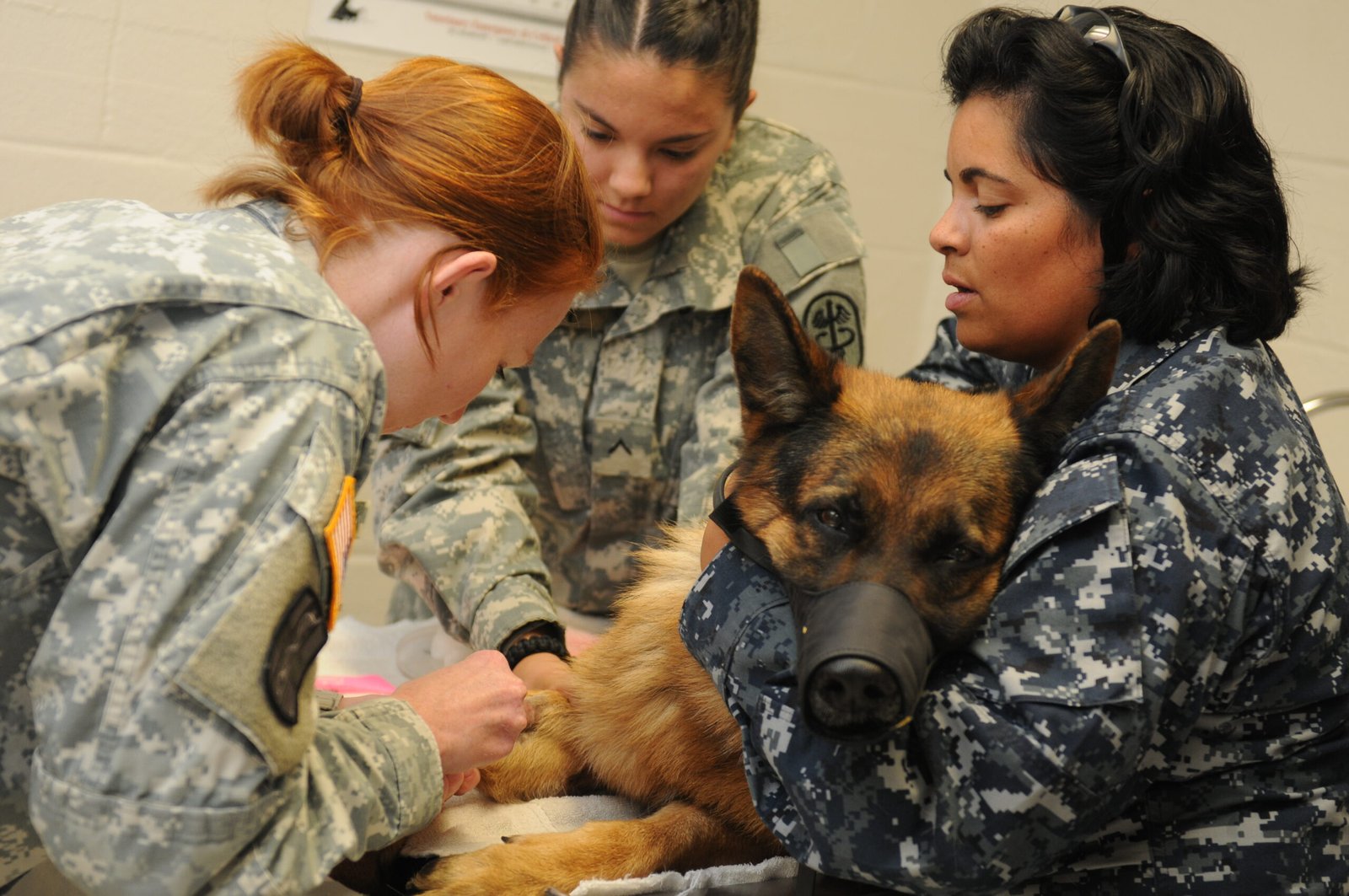
As your German Shepherd ages, regular veterinary visits become more important than ever. Aging dogs are more prone to health issues such as arthritis, heart problems, and kidney disease. Scheduling checkups at least twice a year helps catch problems early, making treatments more effective. During these visits, discuss any changes in your dog’s behavior or appetite with your vet. Routine bloodwork and physical exams are key to maintaining your dog’s health. Your vet can also help you adjust your dog’s diet or medication as needed. Don’t wait for visible symptoms—proactive care is a gift to your loyal companion.
Adjust Their Diet
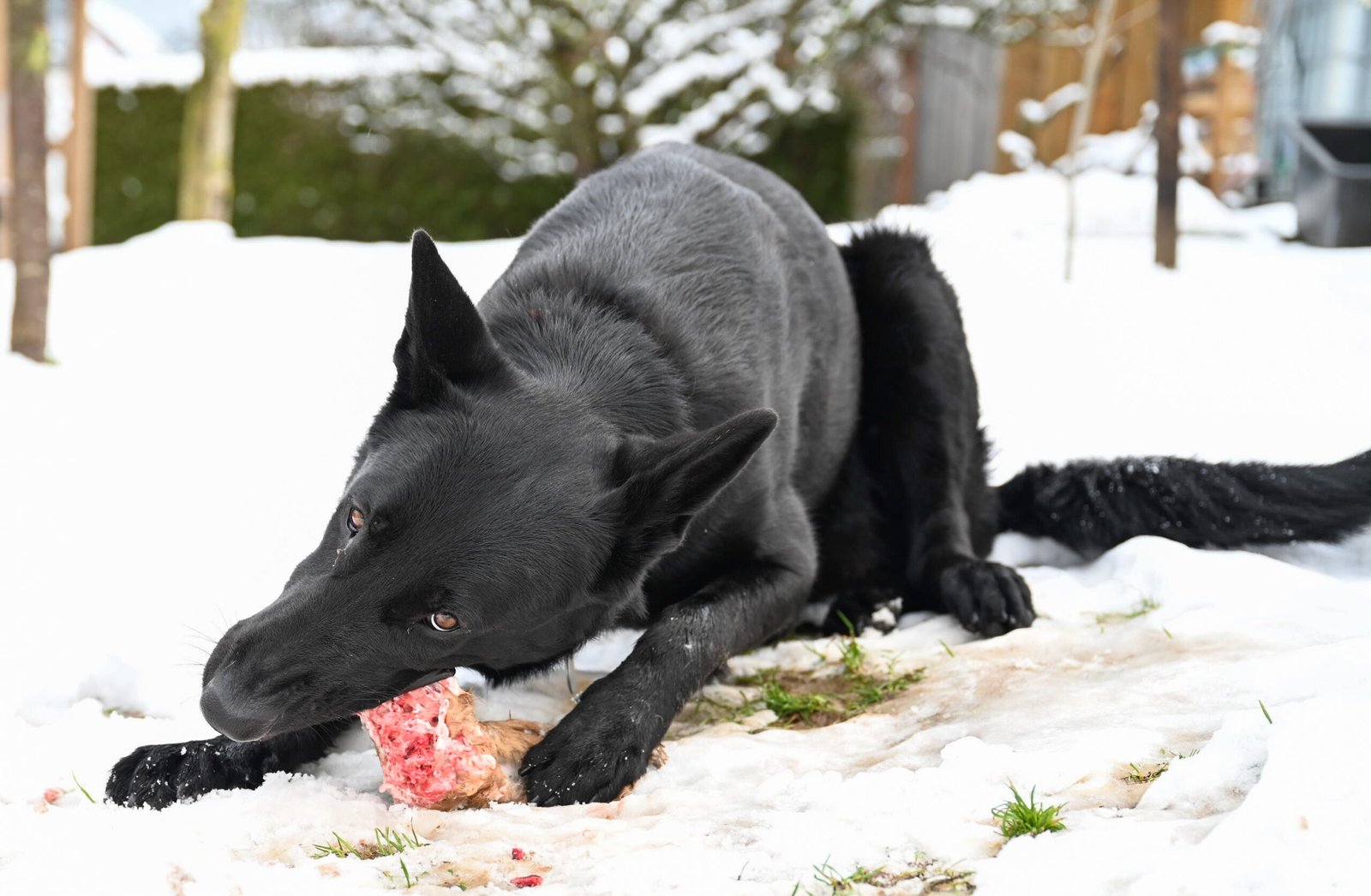
Senior German Shepherds have different nutritional needs compared to their younger selves. Their metabolism slows, and they may become less active, so feeding them a diet tailored for seniors is crucial. Look for dog foods with lower calories, higher fiber, and joint-supporting supplements like glucosamine and chondroitin. Avoid overfeeding, as extra weight puts unnecessary strain on their joints. Fresh water should always be available, and you may want to feed smaller, more frequent meals. Consult your vet about adding omega-3 fatty acids for brain and joint health. A balanced diet helps your dog stay energetic and comfortable.
Keep Them at a Healthy Weight
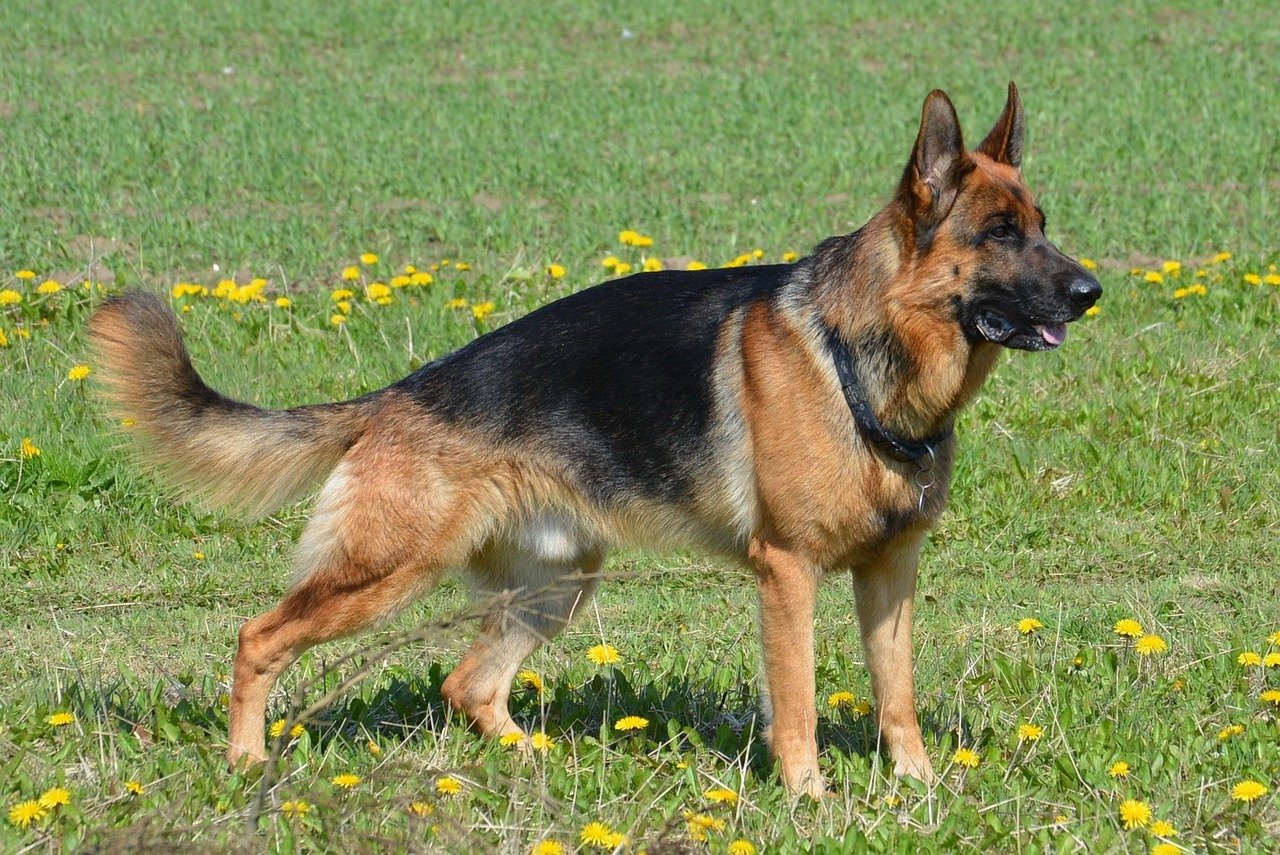
Excess weight can be especially hard on a senior German Shepherd’s joints and heart. Obesity increases the risk of diabetes, arthritis, and even cancer. Use a measuring cup for feeding and resist the urge to give too many treats, no matter how pleading those eyes may be. Regularly monitor your dog’s weight by feeling for their ribs and checking their waistline. If you notice any significant changes, it’s time to consult your vet. Remember, a healthy weight means more adventures together and less pain for your dog. Think of it as giving them the freedom to move with less discomfort.
Prioritize Gentle Exercise
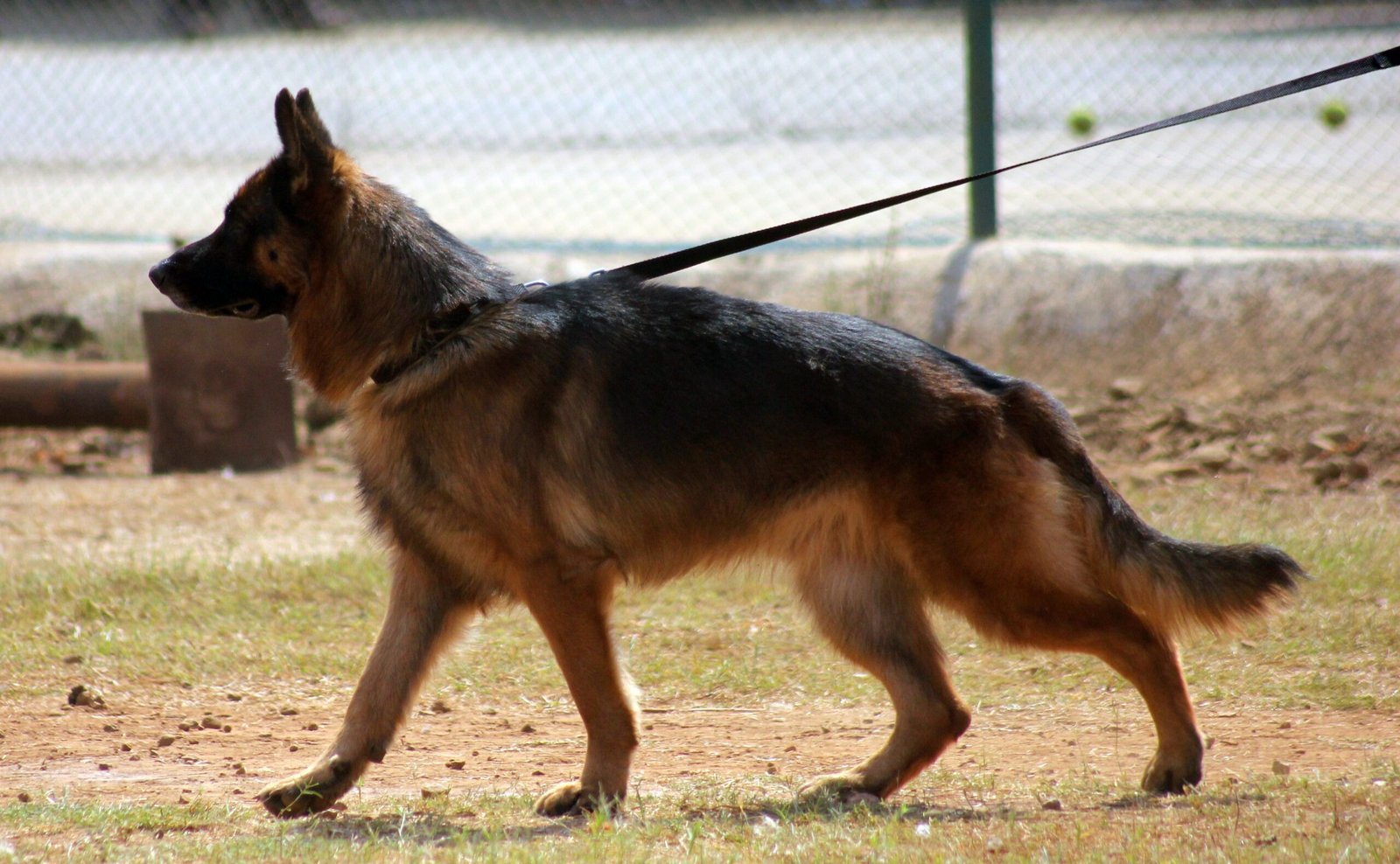
While senior German Shepherds may not have their youthful bursts of energy, they still need daily exercise to keep their muscles and joints in good shape. Swap out intense runs for leisurely walks and gentle play sessions. Swimming can also be a fantastic, low-impact option for keeping your dog fit. Avoid rough terrain and extreme temperatures, which can be tough on aging bodies. Watch for signs of fatigue or soreness and let your dog rest as needed. Exercise isn’t just about physical health—it’s also great for their mood and mental sharpness.
Support Their Joints
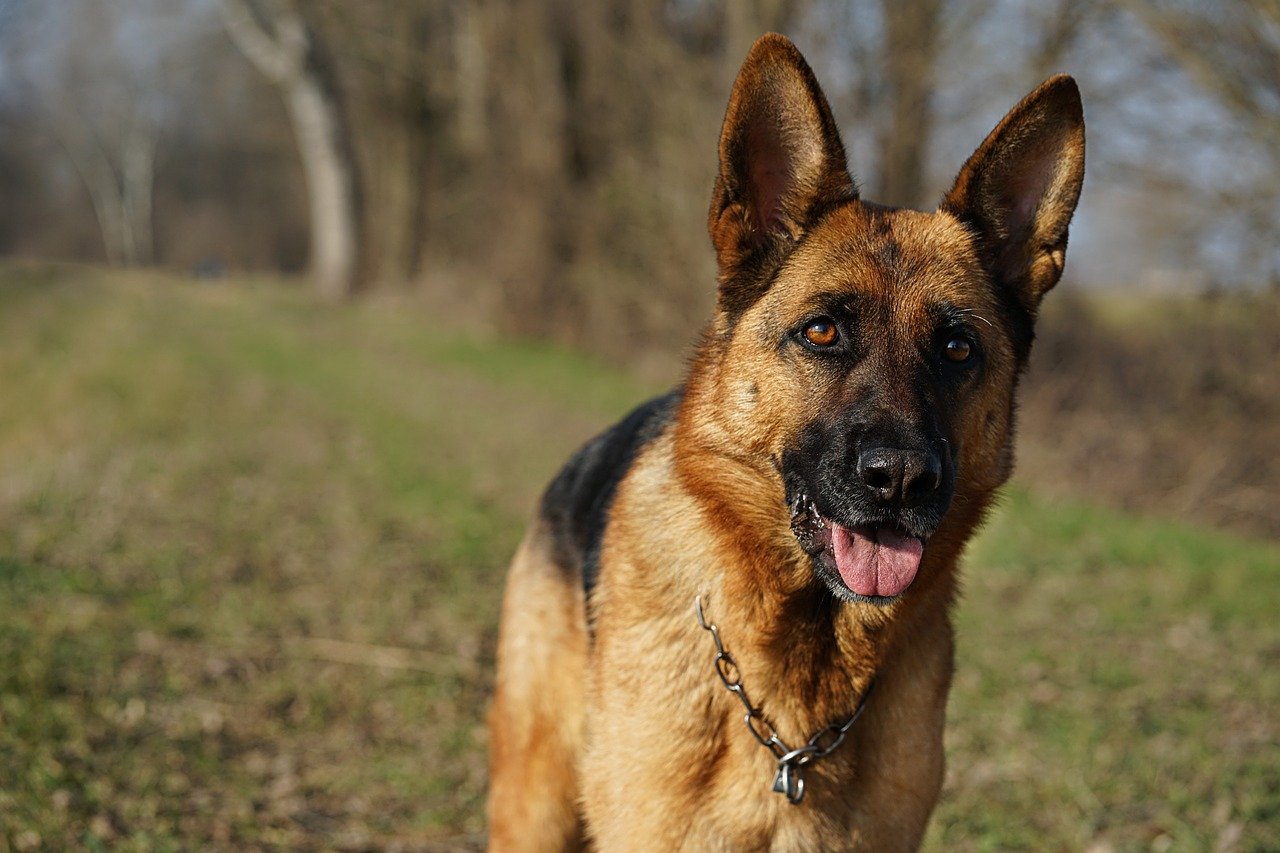
Joint pain and stiffness are common in older German Shepherds, often due to arthritis or hip dysplasia. Providing a supportive bed, preferably orthopedic, can make a world of difference. Ramps or steps help your dog get on furniture or into the car without strain. Gentle massages and warm compresses can soothe sore muscles. Supplements like glucosamine, chondroitin, and fish oil may ease discomfort—always check with your vet before adding anything new. Even small changes, like placing rugs on slippery floors, create a safer environment for your dog. Remember, keeping your dog comfortable is a loving act of kindness.
Maintain Good Dental Hygiene
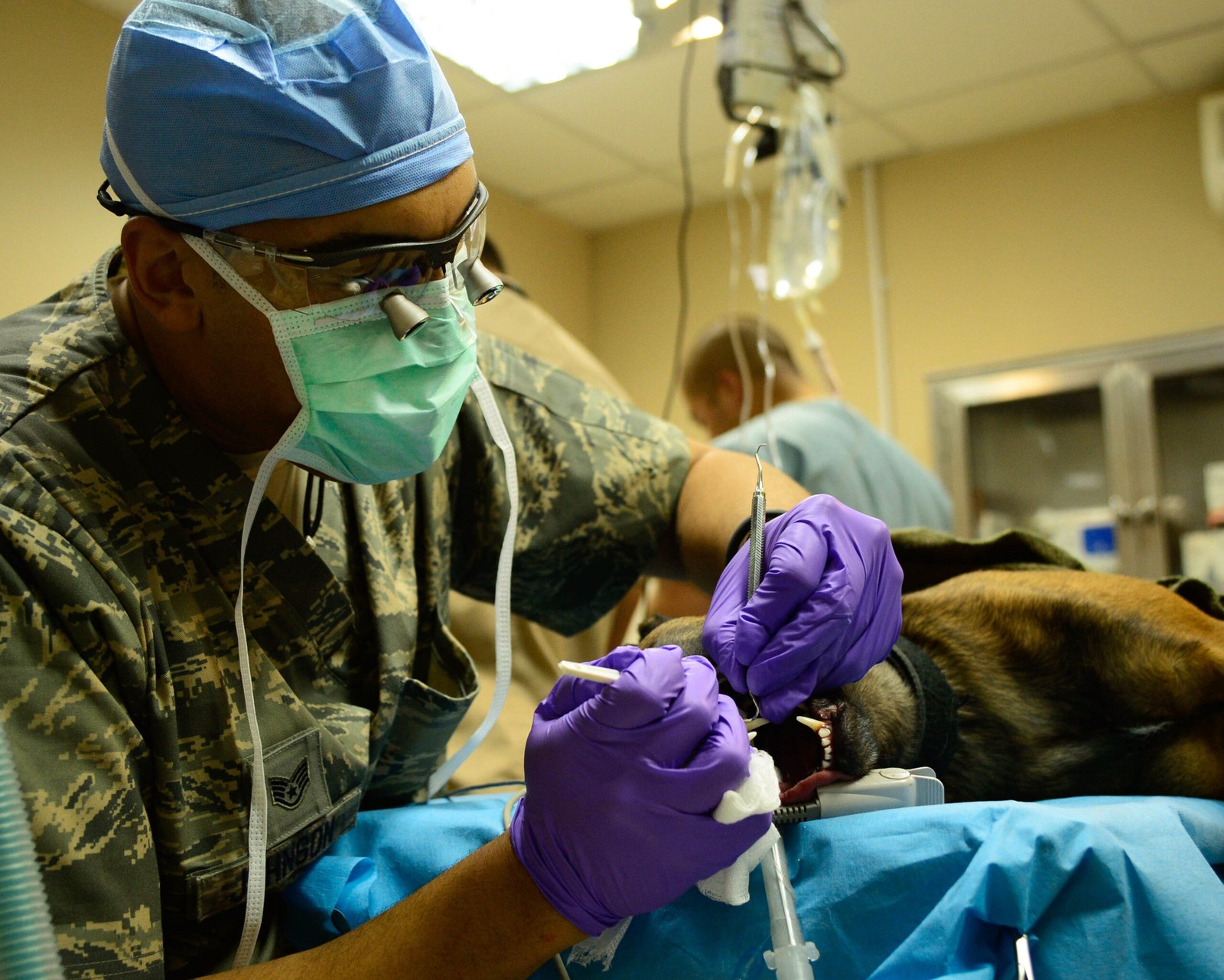
Dental problems are surprisingly common in senior dogs and can lead to pain, infection, and even heart issues. Brushing your German Shepherd’s teeth regularly, ideally every day, helps prevent plaque and tartar buildup. If your dog won’t tolerate brushing, dental chews or special toys can help. Schedule professional cleanings if your vet recommends them. Watch for signs like bad breath, drooling, or difficulty eating—these could indicate dental problems. Healthy teeth and gums mean your dog can continue to enjoy their favorite foods and treats without pain.
Monitor Their Behavior Closely
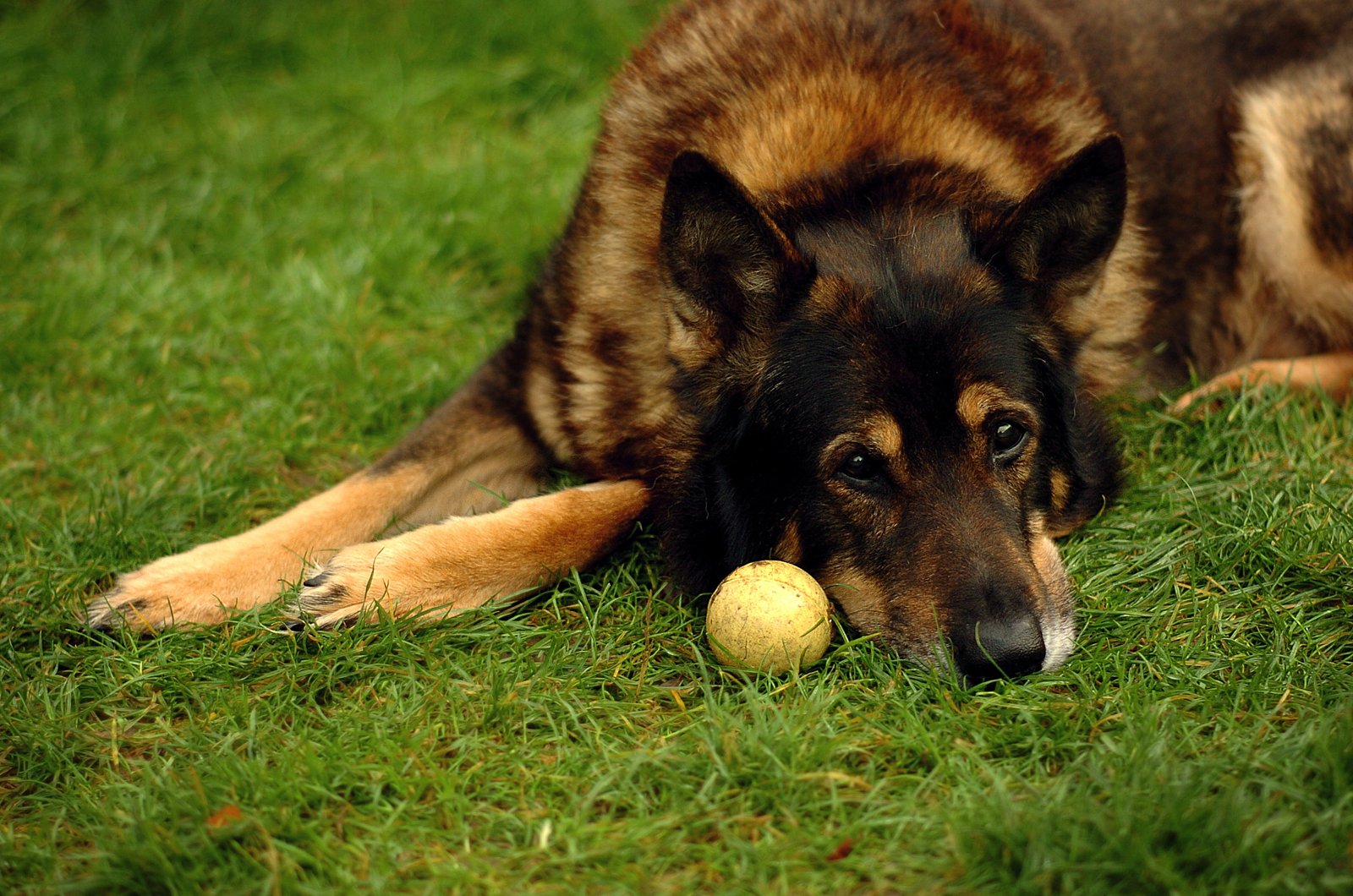
Older German Shepherds often show subtle changes in behavior that may indicate health problems or cognitive decline. Watch for confusion, changes in sleep patterns, or a loss of interest in familiar activities. Some dogs may become more anxious or withdrawn, while others might show signs of restlessness. Keep a journal to track any changes you notice. These details can be invaluable for your vet in diagnosing issues early. Providing a predictable routine and plenty of affection reassures your dog as they navigate the changes of aging.
Make Their Environment Safe
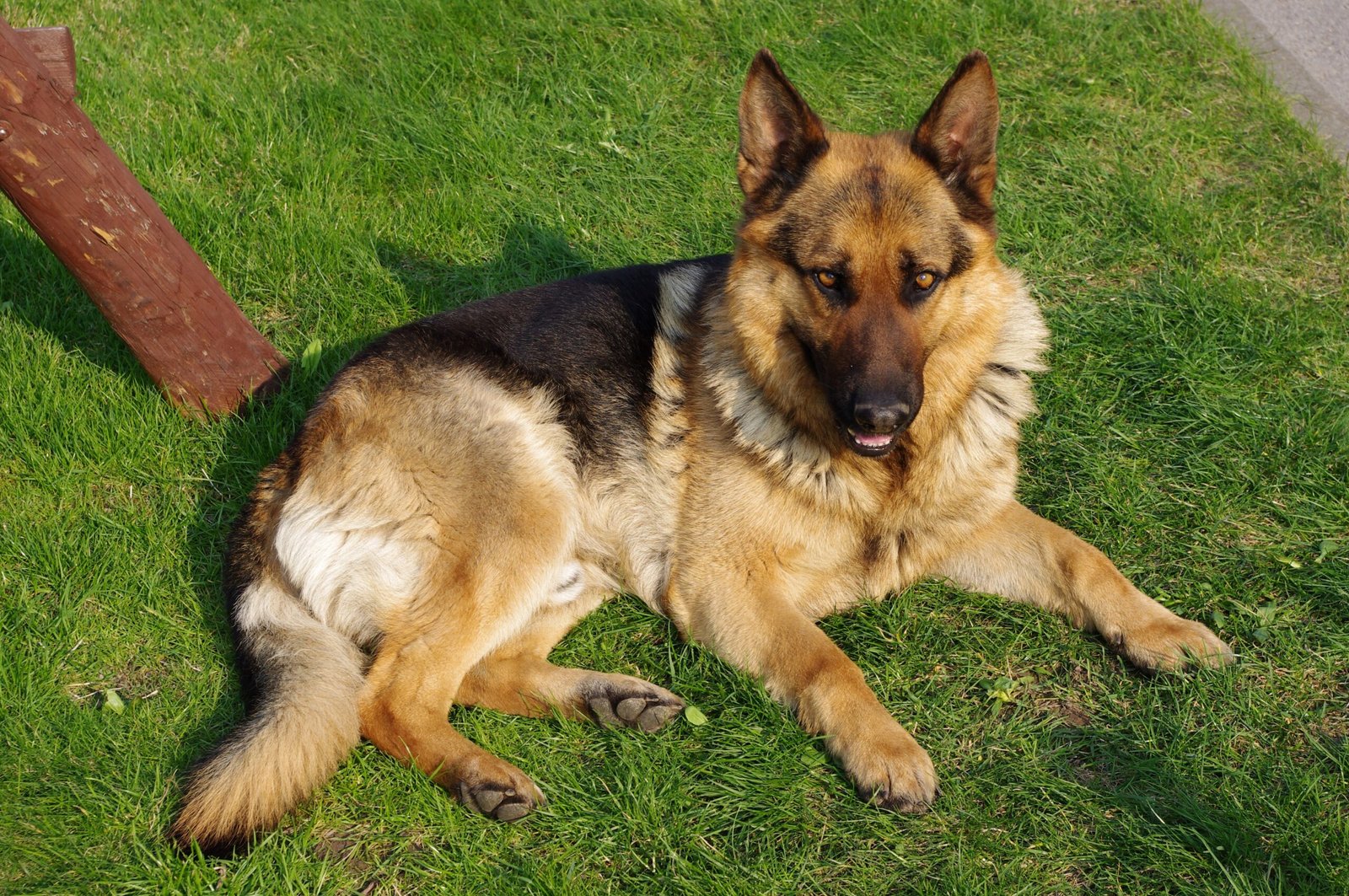
Senior German Shepherds can become less steady on their feet, and their eyesight or hearing may decline. Make your home safer by removing obstacles and securing loose rugs to prevent slips and falls. Use night lights to help your dog navigate in the dark. Keep food and water bowls in easily accessible locations. Consider blocking off stairs or using baby gates if mobility is a concern. Creating a safe, comfortable space allows your dog to move about with confidence and reduces the risk of injury.
Keep Their Minds Engaged
Mental stimulation remains just as important as physical activity for aging German Shepherds. Puzzle toys, scent games, and gentle training sessions help keep their minds sharp. Rotate toys to prevent boredom and introduce new challenges at a comfortable pace. Sometimes, even a simple stroll in a new neighborhood can offer fresh sights and smells that spark your dog’s curiosity. Never underestimate the power of your attention and praise—positive interactions with you are the ultimate reward for your loyal friend.
Shower Them with Love and Patience
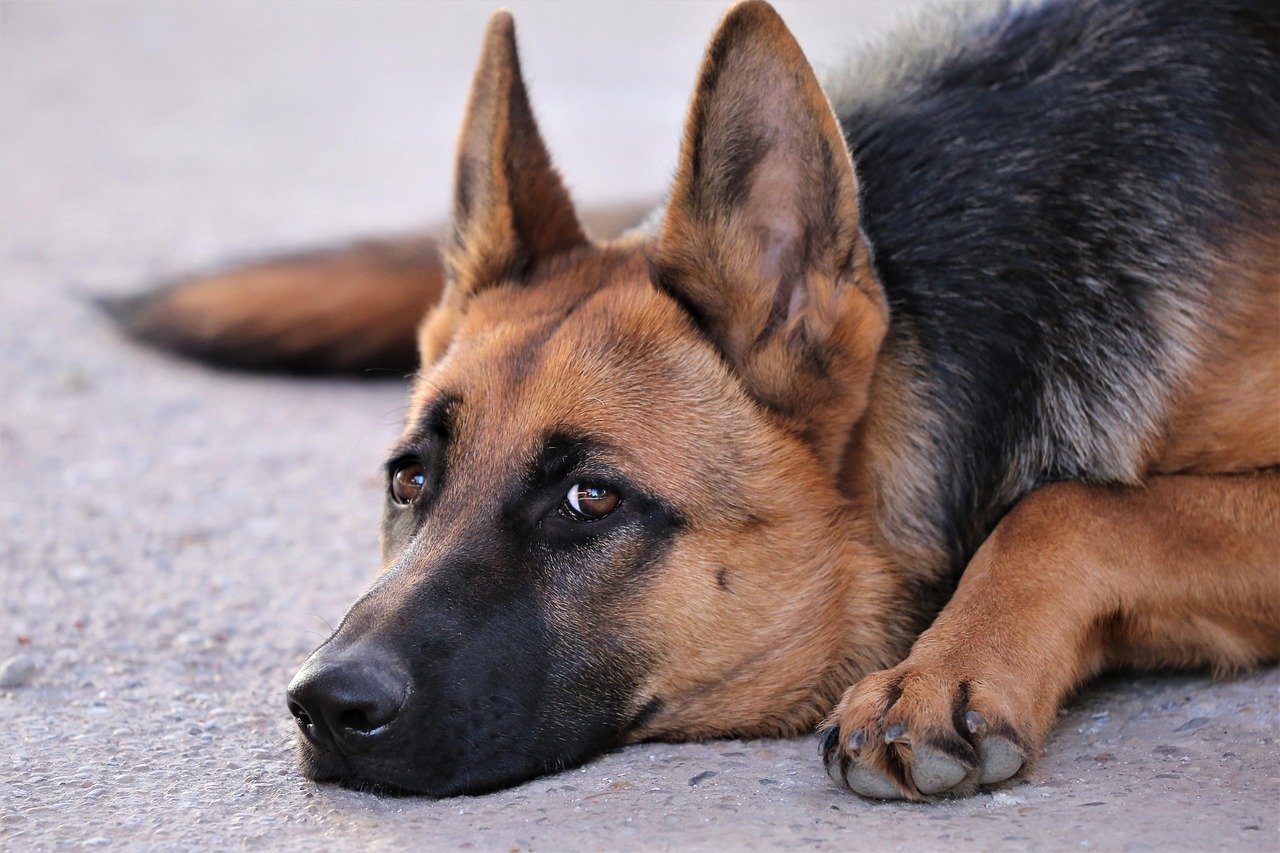
Perhaps the most important tip of all is to offer your senior German Shepherd endless love and patience. Aging can be confusing and sometimes frustrating for your dog, as they deal with aches, slower movements, or changes in routine. Offer extra cuddles, speak softly, and let your dog set the pace for activities. Celebrate their achievements, no matter how small, and cherish your time together. The bond you share is unbreakable, and your gentle care makes all the difference in your dog’s golden years.
Caring for a senior German Shepherd is all about giving back the love they’ve shown over the years. With a little extra attention and a few thoughtful adjustments, you can keep them comfortable, healthy, and happy in their golden years. Every tail wag and gentle nuzzle is proof you’re doing it right. They’ve been your loyal companion—now it’s your turn to be theirs.

Born and bred in South Africa, a Capetonian at heart. Amy-Leigh’s love for nature and animals was inherited from her Dad. He loves taking the family on road trips to experience nature at its finest; Amy-Leigh’s favourite being whale watching in Hermanus and spotting Kudu along the West Coast. Amy-Leigh holds a BA in English Literature and Communication Studies.

